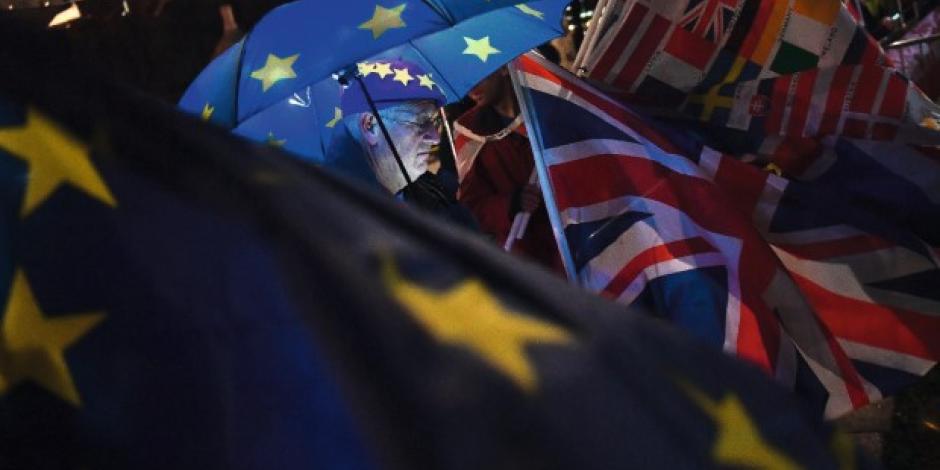I was to run late with sth.spät dran sein, etw. zu tunrunning late with this article. I hadn’t sent it in by the agreed deadline. After a few typically British pleasantryHöflichkeit, Nettigkeitpleasantries at the beginning of a reminder email to me from Business Spotlight, the editor responsible wrote, “I wondered whether you had found time to write the text as agreed.” He knew I hadn’t found time because he hadn’t received the text. I knew that he knew that. And he knew that I knew that he knew. So, why to bothersich die Mühe machenbother to to skate around sth.hier etwa: um etw. herumredenskate around the truth of my lateness?
Whereas Germans typically value direct and explicit communication for its clarityKlarheitclarity, speed and honesty, the British tend to prefer indirect and implicit messages because of their face-saving and, from their point of view, relationship-cultivating politeness — perhaps more so in private life than at work, but also there.
You have to ask yourself not “What did that person say?” but rather “What did that person mean?”
Such indirectness needs interpreting. And this can be a problem for many Germans because they generally say what they mean and mean what they say. There is no need to read between the lines because there is rarely anything there to read. When confronted with the indirect communication style of the British, you have to ask yourself not “What did that person say?” but rather “What did that person mean?”. So, when a Brit remarks, “We’ve got a bit of a problem with your booking”, you have to to work sth. outetw. herausfindenwork out how big the “bit” is. It may be small but it may also be quite big.
Such a preference for indirectness means that open disagreement is often avoided. Before the face-threatening expression of a different opinion, a spot of face-giving often takes place to protect the relationship from unintended collateral damage. For example, “I see what you mean but…”.
Cultural differences do not necessarily cause difficulties, but when these differences are in to be in contradiction to sth.im Widerspruch zu etw. stehencontradiction to each other, problems, or at least feelings of discomfortUnbehagendiscomfort, can result.
Such a case is to be found in the general preference for informality and the to break sth. downhier: etw. überwindenbreaking down of interpersonal distance between people in the United Kingdom. This preference contrasts with the more differentiated approach to reducing or maintaining interpersonal distance in German work settingUmfeld, Umgebungsettings, and the greater formality that this can lead to. My research shows that this greater formality is often felt by Brits in their encounterBegegnungencounters with Germans, especially by those unfamiliar to communicating with Germans.
Brits tend to be somewhat less directly task-oriented than the Germans
This informality of the British and, for example, the easeLeichtigkeit, Ungezwungenheitease with which more personal small talk can to occurstattfindenoccur, should not be misunderstood by Germans as a sign of a desire for a closer relationship or friendship. Rather, it is aimed at creating a platform that is to be conducive to sth.für etw. förderlich seinconducive to getting the task done. In this way, the Brits tend to be somewhat less directly task-oriented than the Germans.
This informality is most obvious in the use of banterGeplänkelbanter and humour on subjects and especially in contexts that many Germans would find inappropriateunangebrachtinappropriate. In Britain, practically every context is an appropriate place for humour. In German settings, humour tends to be restricted to certain predictablevorhersehbar; hier: klar umrissenpredictable contexts; doing business with strangers is not one of them. This leads to the still widespread but clearly false belief in Britain that the Germans have an impoverisheddürftig, wenig ausgeprägtimpoverished sense of humour.
And so to Brexit. Such contradictorywidersprüchlichcontradictory values and preferences can also be used to explain the different attitudes of British supporters of Brexit (“leavers”) and many Germans to this unprecedentednoch nie dagewesenunprecedented attempt to to reverse historydas Rad der Geschichte zurückdrehenreverse history.
Research tells us that British culture has a very low need to avoid uncertainty; this may explain the 2016 referendum
Research tells us that Germany tends to be a culture that has a fairly strong need to avoid uncertainty, while it values orderliness and creates and applies tools such as rules, plans, processes and structures to reduce the discomfort and threat that uncertainty and disorder may bring. In contrast, research tells us that British culture has a very low need to avoid uncertainty and doesn’t see it as a threat. This may explain the willingness of 52 per cent of those voting in the 2016 referendum to approach the political, social and economic upheavalUmbruch, Turbulenz(enupheaval of Brexit without a plan A, let alonegeschweige dennlet alone a plan B. It may also explain the widespread incredulityUngläubigkeitincredulity in Germany at the same lack of plans.
The need to avoid uncertainty leads in German business and management to the emphasisGewichtung, Betonungemphasis being placed on methods, processes and structures as compared with the more pragmatic and flexible approach of Brits to achieving results. For the Brits, what is good is what works and not what should work. This means that they may appear disorganized or even chaotic and unprofessional to Germans, whereas Germans may appear inflexible and bureaucratic to the British.
“Understand yourself as well as the others” is the first step to acceptance and appreciationWürdigung, Verständnisappreciation of cultural differences and thus adaptation and improved cooperation across cultural borders — even between such apparentlyallem Anschein nachapparently similar cultures as the British and German ones.
Peter Franklin is a professor of intercultural business and management communication at the Konstanz University of Applied Sciences. He has been supporting British-German companies and teams for more than 25 years. He is co-author with Jeremy Comfort of The Mindful International Manager (Kogan Page) and co-editorRedakteur(in)editor with Christoph Barmeyer of Intercultural Management (Palgrave Macmillan).

Neugierig auf mehr?
Dann nutzen Sie die Möglichkeit und stellen Sie sich Ihr optimales Abo ganz nach Ihren Wünschen zusammen.



